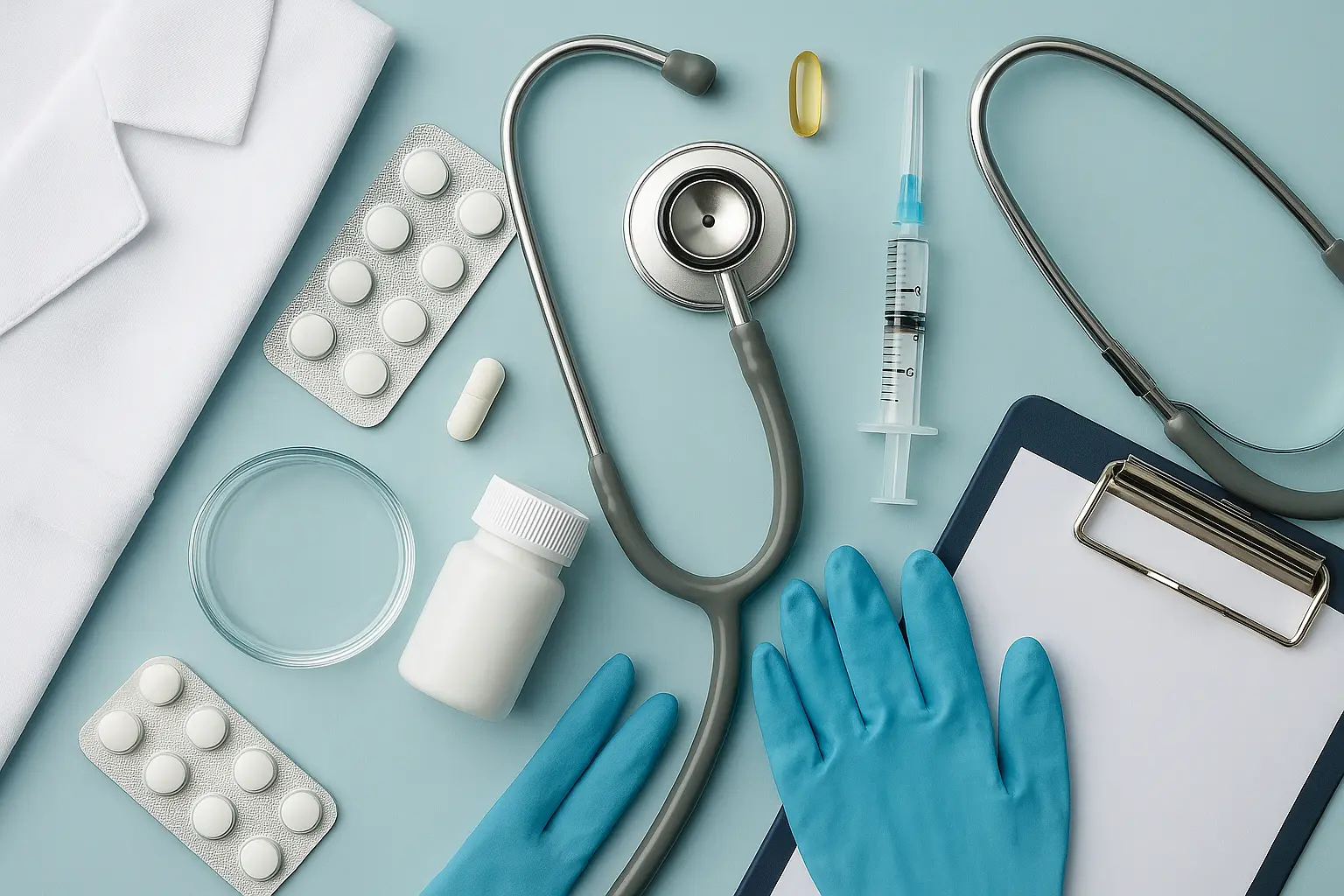Pharmacovigilance Certification
In today's healthcare landscape, ensuring the safety and efficacy of pharmaceutical products is paramount. Pharmacovigilance plays a crucial role in this process by identifying, assessing, understanding, and preventing adverse effects associated with medicines. This certification focuses on the systematic monitoring of the safety profile of drugs after approval for marketing or release.
The primary goal of pharmacovigilance is to ensure that patients receive safe and effective medicine while minimizing risks. To achieve this, laboratories specializing in pharmacovigilance undergo rigorous evaluation based on internationally recognized standards such as ICH E2C (R1), ISO 17025, and other relevant guidelines. The process involves various stages including signal detection, evaluation, confirmation, and mitigation.
At our laboratory, we have dedicated teams of experts who are well-versed in the latest regulatory requirements and industry best practices. Our services encompass a comprehensive range of activities designed to meet your specific needs:
- Comprehensive signal detection through advanced data analysis techniques.
- Evaluation of signals based on scientific evidence and clinical data.
- Confirmation of suspected adverse reactions via detailed case reviews.
- Mitigation strategies implementation for identified risks.
We employ cutting-edge technology and methodologies to ensure accurate and reliable results. Our experienced professionals work closely with clients to understand their unique requirements, ensuring that each project is tailored accordingly. By leveraging our expertise in pharmacovigilance, you can rest assured knowing that your products are being evaluated against stringent international standards.
Our services extend beyond mere compliance; they aim at enhancing product safety and fostering trust among healthcare providers and patients alike. With a deep understanding of the complexities involved in this field, we offer valuable insights into potential risks early on, thereby enabling proactive measures to address them effectively.
In summary, pharmacovigilance certification is essential for maintaining high standards of drug safety throughout the product lifecycle. Our laboratory provides robust support tailored specifically towards achieving these objectives, helping pharmaceutical companies navigate regulatory landscapes confidently and securely.
Customer Impact and Satisfaction
The implementation of pharmacovigilance certification has a profound impact on both customers (pharmaceutical firms) and end-users. For businesses operating within the medical sector, adhering to stringent quality assurance measures translates into enhanced reputation and increased market share.
Pharmacovigilance helps companies stay ahead of emerging trends by proactively identifying risks before they escalate into significant issues. This not only protects consumers but also fosters long-term relationships with healthcare professionals who rely on safe medications for treating various conditions.
From an operational standpoint, implementing robust pharmacovigilance practices ensures smooth compliance with regulatory bodies such as the FDA and EMA. It reduces unnecessary delays during audits or inspections by demonstrating a commitment to continuous improvement. Moreover, it allows organizations to allocate resources more efficiently towards areas where they will yield maximum benefit.
For end-users, particularly those receiving treatments for chronic illnesses or undergoing complex medical procedures, peace of mind is paramount. Knowing that rigorous checks have been conducted reassures them about the reliability and safety of their prescribed medications. Such assurance contributes significantly to overall patient satisfaction levels, which directly impacts adherence rates and treatment outcomes.
Our laboratory prides itself on delivering exceptional service backed by proven methodologies and state-of-the-art facilities. We strive to exceed expectations every step of the way, ensuring that our clients feel supported throughout their journey towards achieving pharmacovigilance certification.
Environmental and Sustainability Contributions
The pursuit of excellence in pharmacovigilance extends beyond mere compliance; it also encompasses environmental stewardship. At our laboratory, we recognize the importance of minimizing our ecological footprint while promoting sustainable practices within our operations.
We have implemented several initiatives aimed at reducing waste generation and energy consumption across all departments. For instance, our laboratories utilize eco-friendly solvents whenever possible, and we encourage recycling programs for non-hazardous materials. Additionally, we invest in green technologies that help reduce carbon emissions associated with transportation activities.
Our commitment to sustainability is further reflected in our approach to waste management. By adhering strictly to local regulations regarding hazardous waste disposal, we ensure that no harmful substances enter the environment. Furthermore, we participate actively in community efforts aimed at raising awareness about responsible environmental practices within the pharmaceutical industry.
Incorporating sustainable principles into our operations not only benefits the planet but also enhances our reputation as a responsible corporate citizen. This aligns perfectly with our mission to contribute positively towards creating healthier communities worldwide through our work in pharmacovigilance certification.
Use Cases and Application Examples
The application of pharmacovigilance certification can be seen across numerous scenarios where ensuring product safety is critical. Here are some real-world examples illustrating how this service adds value:
- New Drug Development: During Phase III clinical trials, continuous monitoring helps identify any unexpected side effects early on.
- Post-Marketing Surveillance: Regularly updating safety profiles based on post-market data ensures that consumers remain protected against new risks.
- Pediatric Medicines: Special emphasis is placed on assessing potential adverse reactions in children, who may respond differently than adults.
- Cosmetics and Biologics: Ensuring that these products meet stringent safety standards before being released to the public.
These use cases highlight just a few instances where pharmacovigilance certification proves indispensable. By integrating this service into your product development lifecycle, you can ensure that every step aligns with global regulatory expectations and fosters trust among all stakeholders involved.





